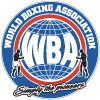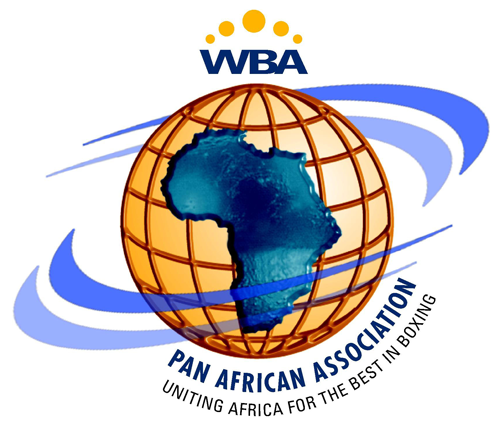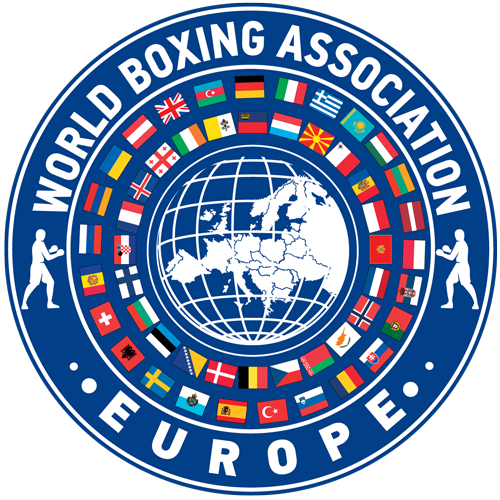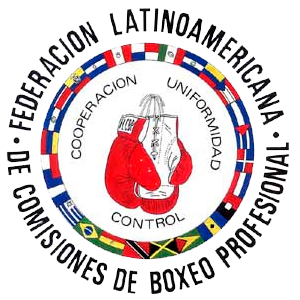This work approaches the health problems that can have executives, sport leaders, athletes and any person that constantly moves from one place to another using air transport and that undergo to habit changes due to the differences in the time line. This circumstance is associated to a series of factors like: biological clock, the traveler’s syndrome, stress and changes of pressure.
Biological Clock:
Frequent travelers force the Noctohemeral Rhythms. Let’s say, there are 12-day hours and 12 night hours, almost everyone is used to doing all their tasks during the daytime, and sleep during nighttime.
Anatomically behind the eyes there is a small group of nervous cells called supraciasmatic nuclei (NSC) and the pineal gland, which is an organ of the size of a pea located a few centimeters from them, in the deepest place in the brain. Both constitute the biological clock “step circadian marker” (derived of Latin that means approximately one day). When the light hits the brain through the retina, the nervous cells of the supraciasmatic nuclei of the hypothalamus are activated; and every night the clock sends a sign through the spinal marrow that goes through the neck and arrives to the pineal gland. As the answer to the sign, the gland segregates the melatonin hormone that helps to conceive the dream, that is to say, this hormone is segregated at night and controls the dream cycles. Darkness begins the production of the melatonin and the brilliant light stops it.
Researches have demonstrated that the biological clock is a deficient chronometer, because in most people it works on a basis of 25 hours per day. Curiously in people traveling west, there is seen a less delay sensation than when flying east. Journeys to the west enlarge days or delay the biological clock. This has to fight against its natural slowing action, thus when we travel west it is easier to be awake and sleep at the local time, to get used to the local time. The people who travel east find it difficult to sleep before their natural schedule. They have difficulties to work in the mornings because it is the time they would be sleeping.
In 1998 there was a study on 800 long distances air trips that proved that 94% of the travelers suffered the dysfunction of the airplanes and of these, 48% described them as severe; they felt sleepy during the day and not during the night, they presented faulty concentration and digestive dysfunctions. The group tried to fight this dysfunction avoiding the consumption of alcohol during the flight (28%); adopting the schedule to sleep of its destination before beginning the trip (18%); carrying out exercises after the arrival (21%) or sleeping some hours before the arrival (26%).
The Chronobiologists do not disapprove those three tactics, although they believe that it is a mistake to rest. Investigations carried out in Canada suggest that the exercise acts like a sign that desynchronizes the circadian rhythms, and say that people should exercise during the day, in the morning if they have flown toward east and in the afternoon if they flew toward the west. The morning lights in a new spindle schedule area stops the production of melatonin. This produces the advance of the biological clock for a trip toward east. The noon light or that of the beginning of the afternoon delays the melatonin discharge and this way the biological clock is delayed for a trip towards the west.
To readjust the biological clock we don’t need to be exposed to the solar rays. An external light not more brilliant than evening sun light can give good results. However, if we need light after the setting of the sun, we can use an artificial light.
Summarizing:
The moving that imply changes in the circadian rhythm cause frequent alterations of health in three specify areas: difficulty to sleep, gastrointestinal disorders and cardiovascular problems.
Treatment
The melatonin pills of 3 milligrams are sold in stores. It is advisable to take one before boarding the airplane and another before going to bed. The sportsmen traveling that need the administration of some type of medication, they are recommended to follow medical indications strictly; with the purpose of avoiding complications at the moment that they are required to undergo a specialized medical exam.
Dr. Benjamin Molina Moro M.D.
9th June 2008















